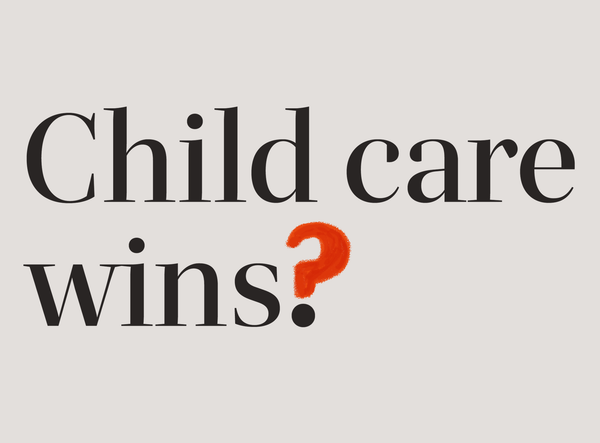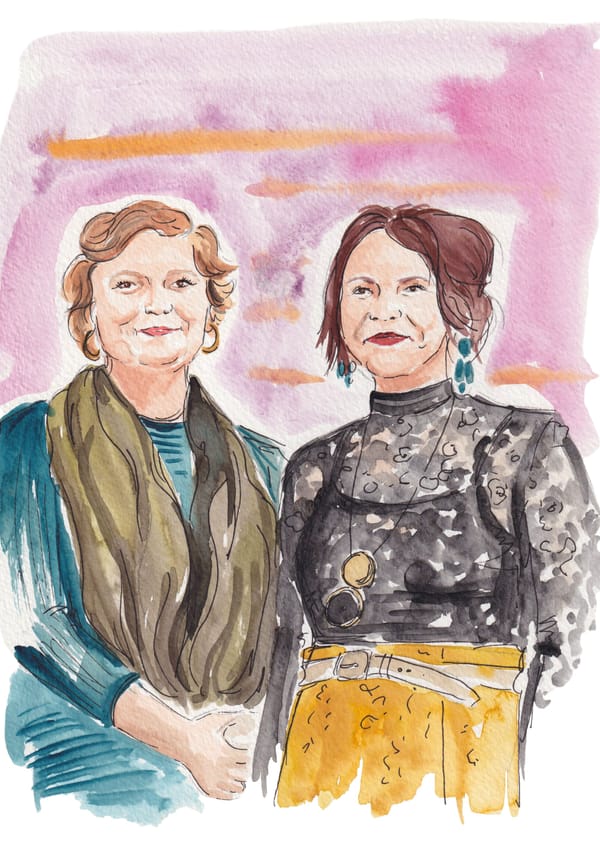There's Nothing Small About Microfeminism
Small feminist acts in everyday life add up to something big.

The Persistent is available as a newsletter. Sign up here to get it delivered to your inbox.
Ashley Chaney is having a moment. In March, the producer from Los Angeles posted a video on TikTok in which she talks about her favorite forms of so-called microfeminism.
When she’s emailing a male CEO and copying his female assistant for scheduling purposes, she makes a point of putting both the assistant’s name and the executive’s name in the “to” line—the assistant’s first; the CEO’s second. “Nobody probably notices, but it makes me feel like, ‘I see you’,” she says. And when she’s emailing a team, but addressing each person individually, she deliberately puts the woman's name first. “Hey Kathy and Joe,” for example. “That’s my favorite form of microfeminism,” Chaney says to the camera, before encouraging others to share theirs.
Inspired by the video that’s now been viewed well over 2.5 million times, more than six thousand people from around the world described the ostensibly small acts of feminism they commit in their everyday lives, emboldened by the idea that incremental actions will create systemic change.
“At the preschool I work at, I always call the dads first when kids are sick and the moms for billing questions,” one person wrote. “If someone tells me they saw their doctor/specialist/lawyer/other smart person type role, I ask ‘what did she say?’” another chimed in. A third person posted: “I made my mortgage lender re-do our documents to list me first. They said it didn’t matter. I [said] good, then it’s an easy change!”
Chaney recently recently told Glamour that she didn't coin the term microfeminism, but it’s clear that her content has elicited a groundswell of appreciation and celebration of these behaviors.
I, of course, applaud everything about this wholeheartedly, but I can’t help wondering, why micro? What is small about taking an assertive stance against pernicious habits and mannerisms that have over centuries cost women in ways too many to count? These little indignities—say, writing Mr. before Mrs. on an envelope—might seem innocuous in isolation, but taken together, they reinforce the fabric of a society in which men are cast as breadwinners, money-handlers, confident, brainy experts, and mostly important. Women, meanwhile, are cast as, well, none of the above.
Framed this way, these are their own stripe of microaggression—those stealthy, evil little acts, phrases or comments designed to make people feel small, excluded or otherwise “different.” They’re ubiquitous in the workplace, frequently directed at women and especially at women of color.





